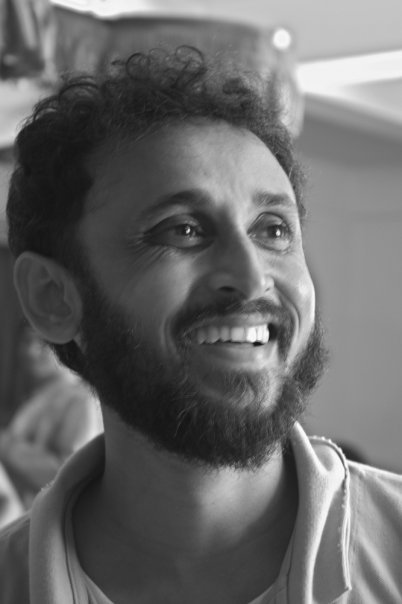ACF
Asian Cinema Fund
Script Development Fund
2010 Script Development Fund
LIST Television
| Category | Asian Project |
|---|---|
| Project | Television |
| Director | Mostofa Sarwar FAROOKI |
| Country | Bangladesh |
| Director's Profile |
Mostofa Sarwar Farooki is a contemporary Bangladeshi film director and screenwriter. He is also the pioneer of an avant-garde filmmakers’ movement called "Chabial" (the movie hawkers). Farooki′s body of work addresses such themes as middle class angst, urban youth romance, deception, hypocrisy, and the frailty of individuals, frustration with one’s own culture and the conservative Muslim concepts of guilt and redemption. Stylistically, his works have a documentary feel that sometimes takes on a poetic aspect. His first full-length feature was Bachelor (2003), which screened at numerous international film festivals. Four years later he directed Made in Bangladesh, then in 2009, he directed his third full-length feature Third Person Singular Number. It was premiered at the Pusan International Film Festival 2009, and went on to compete at the Abu Dhabi Middle East International Film Festival the same year. The film had its European premier at the Rotterdam Film Festival 2010 and was awarded Best Director at the Dhaka International Film Festival. The film was also selected for the official competition of the Tiburon International Film Festival and the Milano Festival de Cine Africano, de Asia y America Latina . Ok, Cut is his first short feature in 2010. It was screened at the NETPAC seminar at the Rotterdam Film Festival. Its subject is about the aftermath of the release of Third Person Singular Number back in Bangladesh. He has also directed several short fiction films for television during the 2000s. |
- Synopsis
- As a leader of the local community, Amin Chairman bans every kind of image in his water-locked village in rural Bangladesh. He even goes on to claim that imagination is also sinful since it gives one the license to infiltrate into any prohibited territory. But change is a desperate wind that is difficult to resist by shutting the window. The tension between this traditional window and modern wind grows to such an extent that it starts to leave a ripple effect on the lives of a group of typically colorful, eccentric, and emotional people living in that village. But at the very end of the film, Television, which he hated so much, comes to the rescue and helps Amin Chairman reach a transcendental state where he and his God are unified. A new twist to the story makes him embrace IMAGE and IMAGINATION.
- Director’s Note / Intention
- Any effort to exclude religion from life or life from religion would take us nowhere. This is the core thought that prompted me to take up the challenge of this film. Life always goes on flying with the wings of change. A fundamentalist religious institution will tend not to accept this current of change, because it is always frightened of losing its grip on people. In the process, it distances itself so much from life and becomes so ‘lifeless’. That’s how religious extremism and intolerance find its place in a society. I just want to put up one simple and age-old question: With every little thing on earth changing, can religious thoughts, norms and values remain unchanged?
- Festivals
-
2012 Busan International Film Festival - Closing Film
2012 Dubai International Film Festival - Muhr AsiaAfrica Special Mention
2012 Cinemanila International Film Festival - Lino Brocka Award
2012 Asia Pacific Film Festival Award - Nominated
2013 Goteborg Film Festival
2013 Fribourg International Film Festival
2013 Sydney Film Festival
2013 Melbourne International Film Festival
2013 East End Film Festival, London